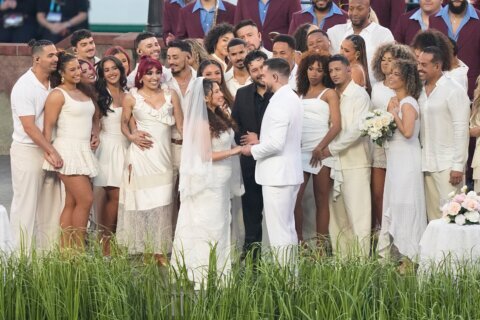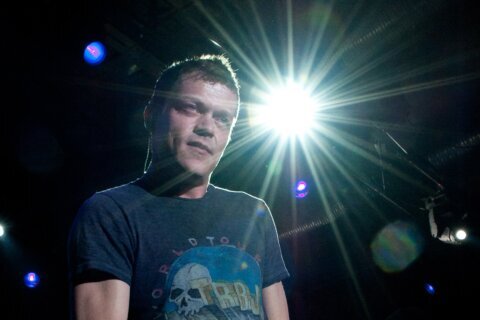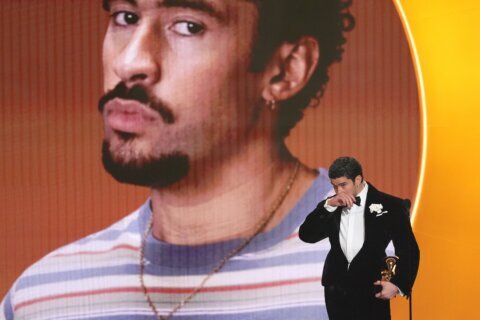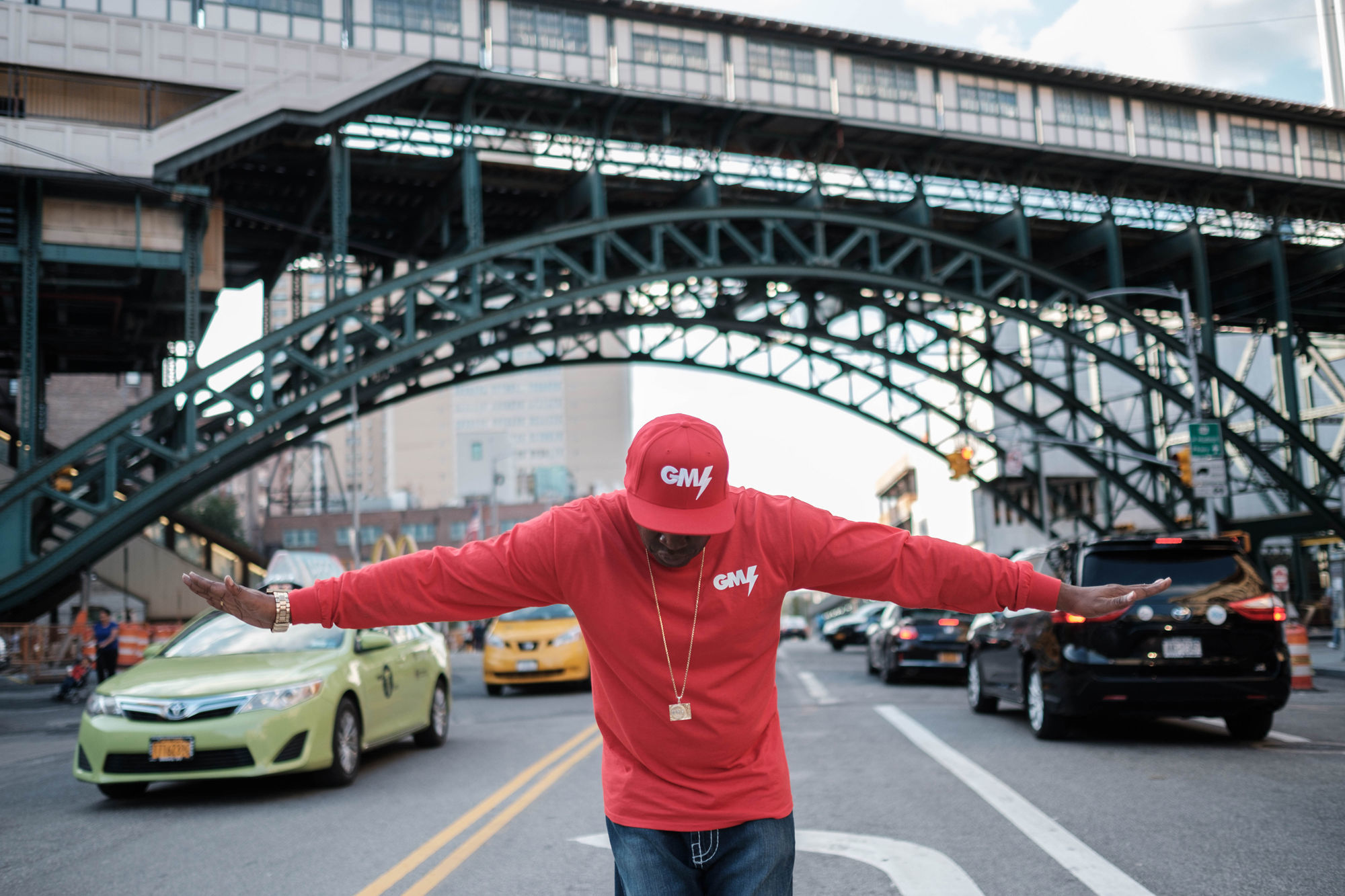
This year’s Smithsonian Folklife Festival will last two days (June 29-30) as opposed to its usual 10, but director Sabrina Lynn Motley said attendees will still get a full festival experience.
“The things that people appreciate about the festival — the engagement, the exchange with artists and other cultural workers, music and food — will still be there,” Motley told WTOP.
The longest federal government shutdown in U.S. history ended almost five months ago, but it came at a critical time for the festival, now in its 52nd year. It put a dent in the research, booking and funding of the festival, and at a crucial time, Motley said.
“We take years of doing research,” Motley said. “There’s a lot of back-and-forth with partners. There was a lot of conversation about how we were going to manage this year. … Do we cancel? Do we not? In the end, we decided it was important to maintain the festival’s presence on the Mall.”
The festival theme will celebrate the social power of music, including how tunes reach into people’s lives in ways we don’t always realize.
“When we talk about the social power of music, people respond as though we’re talking about protest music,” Motley said. “But a lullaby also counts as a way that we’re presenting this. And it gets [people] to start thinking about what music means in their lives, and how it functions. … And what does it say about us as a country? What kind of music do we present to the world that says ‘This is who we are?’”
Music of DC
This year’s model will also focus on the musical and folk cultures of D.C. itself.
“There’s certainly a lot here,” Motley said. “There’s a lot that people who are new to D.C. don’t know; there are a lot of people who have lived here their entire lives and there are stories they want to tell and things they are still discovering. So we wanted to make sure we told those stories on the Mall.”
Motley has only lived in D.C. for five and a half years, so she continues to learn the landscape.
“I had no idea there were wards here,” Motley said. “A lot of times, people don’t think of D.C. as being a place of creativity. And when you get here, you see that there are these wellsprings of creativity everywhere. These neighborhoods are so rich.”
That means the festival will include a music preservation pop-up run in coordination with the D.C. Public Library, as well as exhibits on fanzine-making, interactive music-making and storytelling, especially collecting stories of D.C. punk and go-go.
They’re also in the process of creating an online, interactive D.C. Music Map.
“We want people to go online and share with us what community sounds like,” Motley said, encouraging users to upload video, sound and photos.
Pete Seeger and Grandmaster Flash
In addition to musical performances for children and adults from various worldwide traditions, Saturday night’s mainstage concert is entitled “The Fierce Urgency of Now.”
This includes Filipino American rapper and spoken word artist Ruby Ibarra, who looks at the question: “What is the contemporary modern troubadour?” Motley said. “That led us to hip-hop.”
Sunday’s concert honors troubadours through the decades, opening with a tribute to the late Pete Seeger (celebrating his centennial) and closing with hip-hop icon Grandmaster Flash, “who carries his message wherever he goes — another form of troubadour,” Motley said.
That kind of flexible definition of folk is common to the festival’s traditions.
“Our notion of folk has always been [about] creativity in community,” Motley said. “I think the people who founded the festival … had a sense that folk needed to have a sort of broad horizon so that it would be relatable and relevant.”
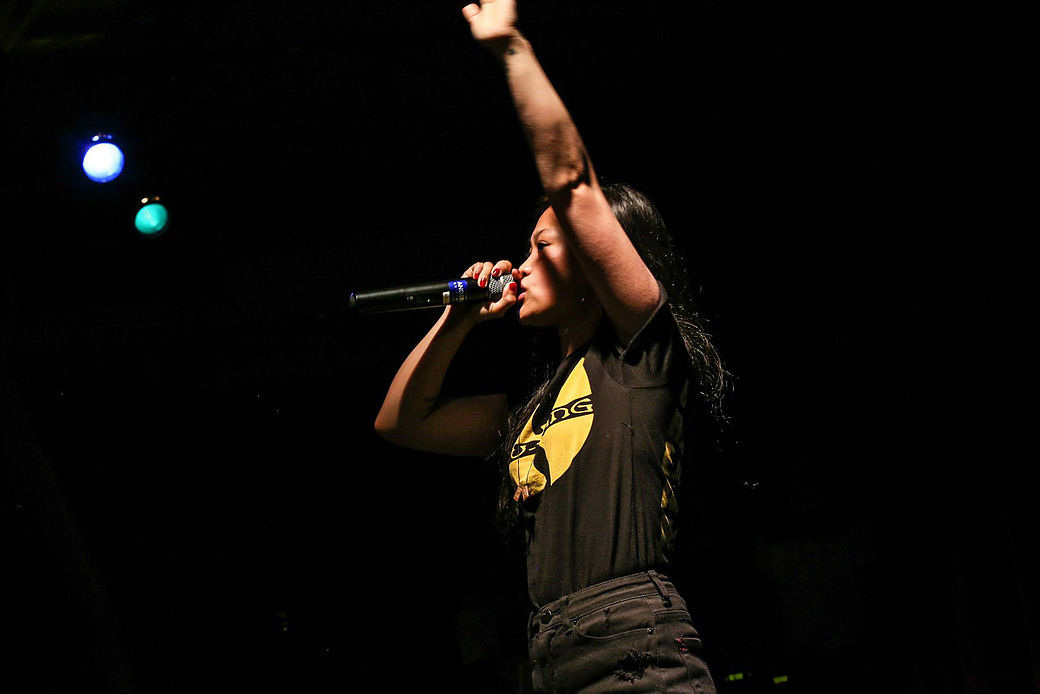
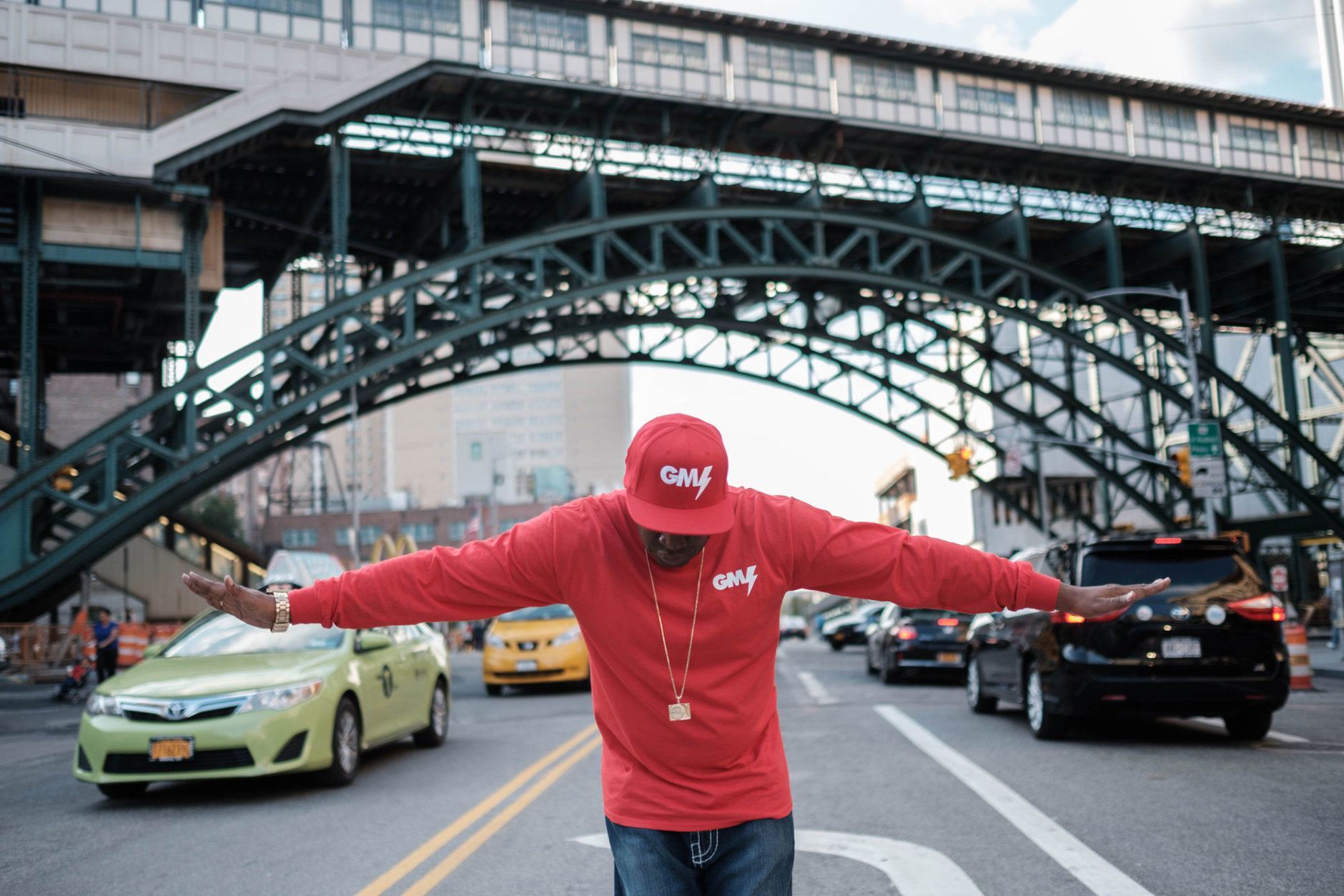
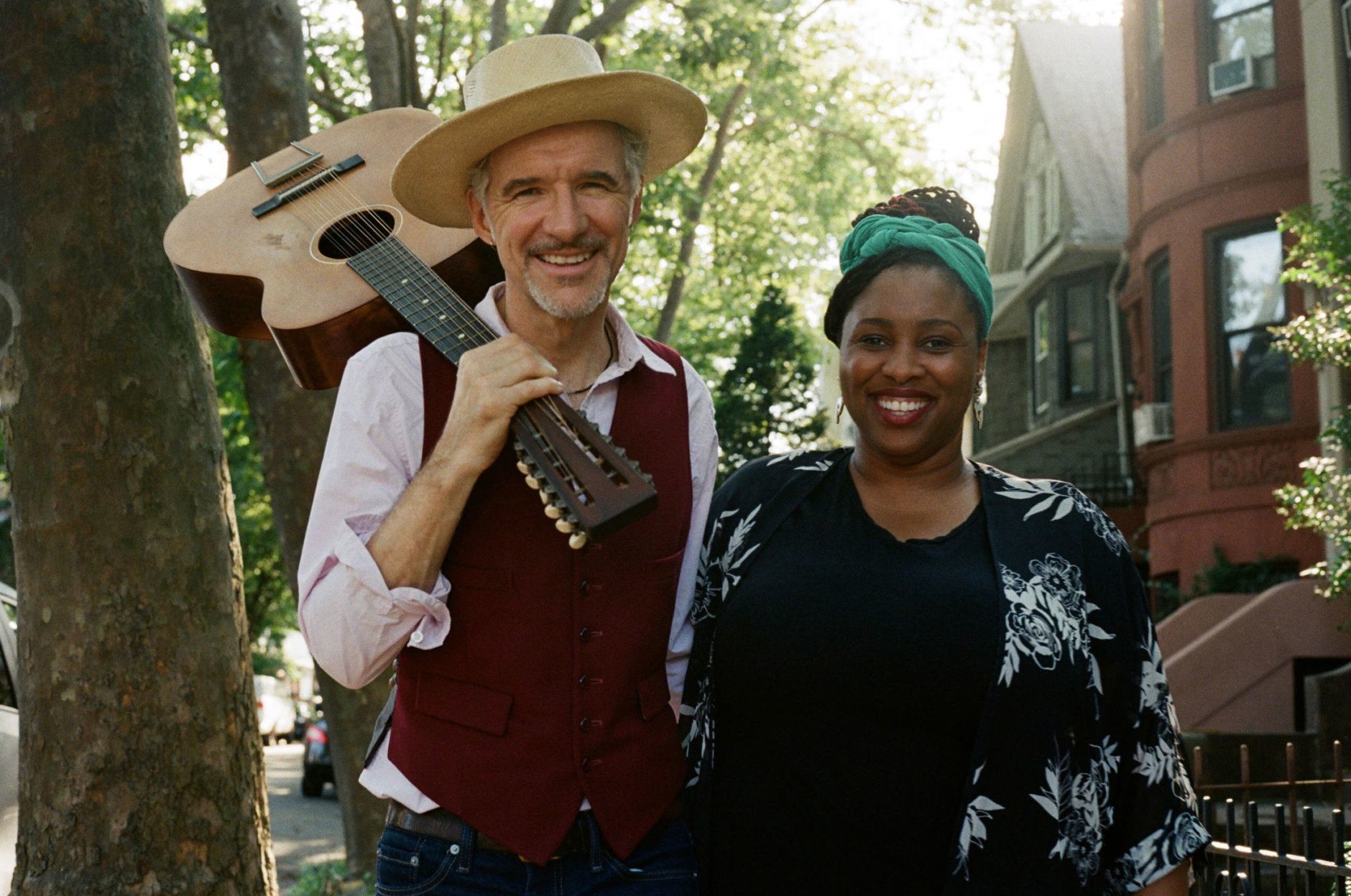
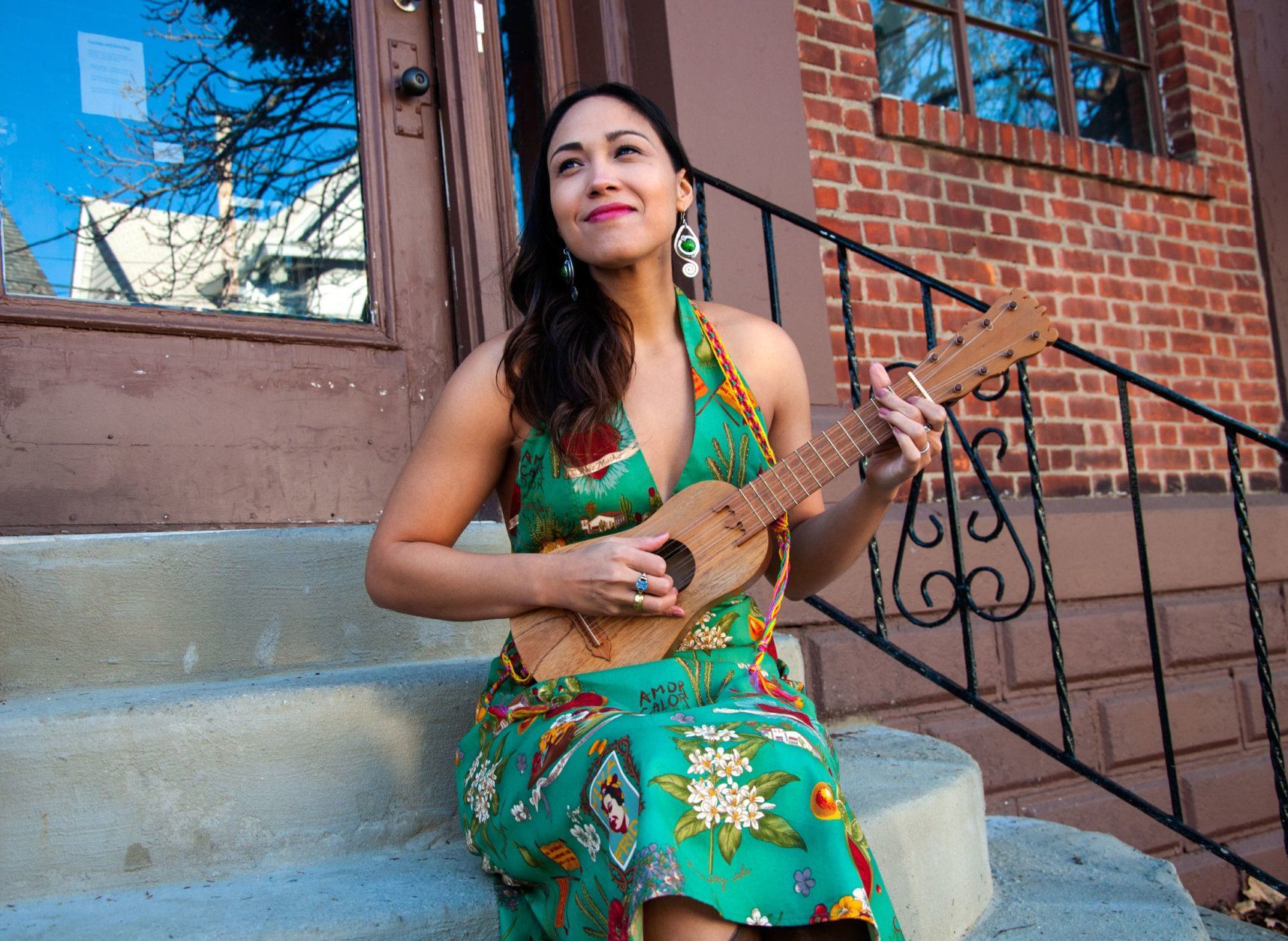
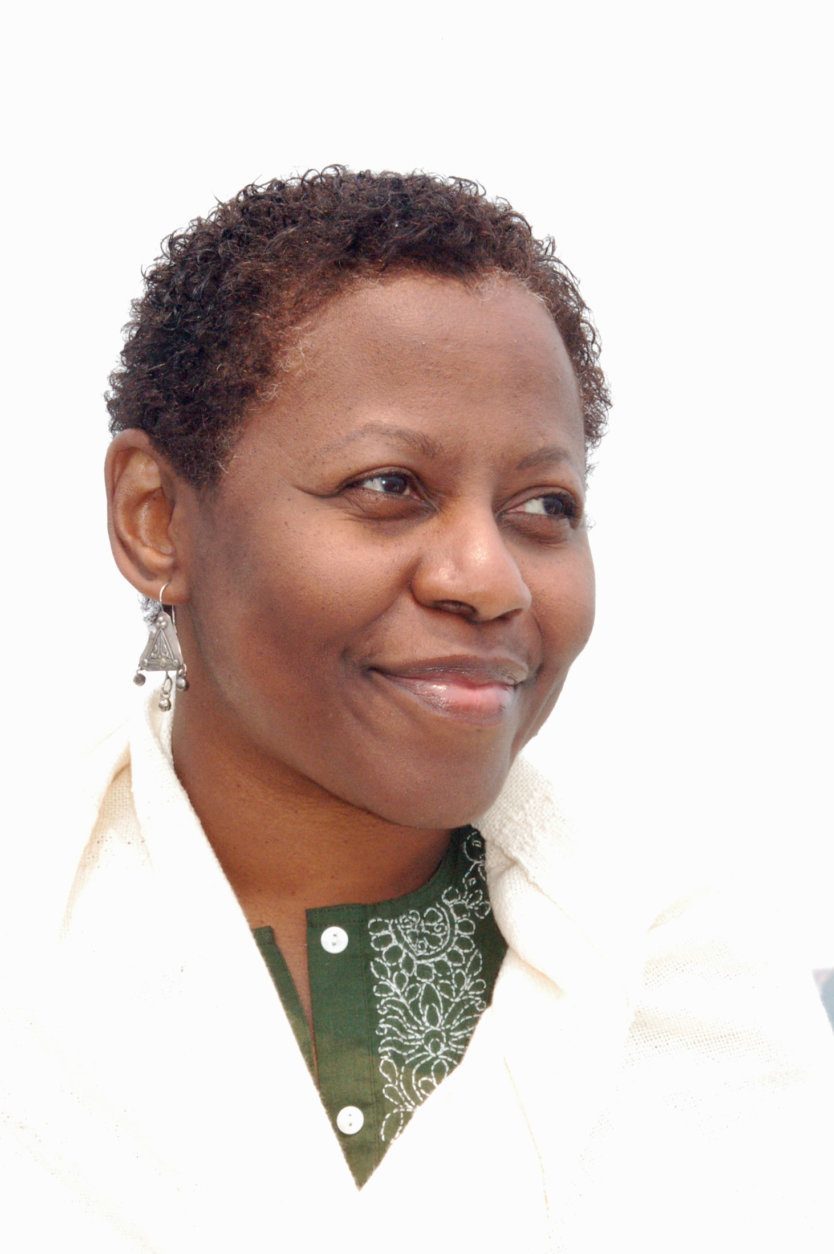
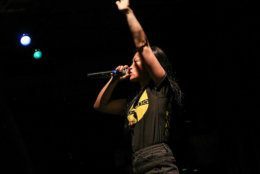
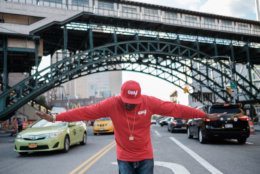
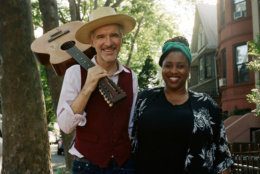
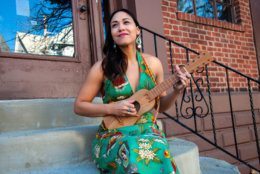
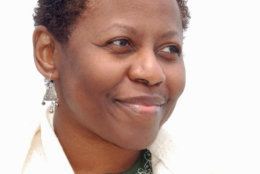
That’s led to the presentation of everything from bluegrass to hip-hop at the Smithsonian festival, including an appearance from Parliament-Funkadelic in 2012.
“I run into people and they still talk about it,” Motley said. “It pushed people to think about, ‘Oh, so folk doesn’t just mean banjos.’ And banjos are great! I’m not taking a knock again banjos. But folk is literally a broad tent.”
Even in its abridged form, the festival is adhering to its most important traditions — some of which have been more flexible than a folk festival might be expected to uphold.
“[The festival has] been up and down the Mall,” Motley said. “It’s been from the Capitol to the Reflecting Pool. There have been times where the festival has been two weekends, or a weekend. It’s been five days; it’s been three months. It’s been in October. The festival has had this really interesting life that really speaks to the concerns and interest of the Smithsonian trying to fill its mission: to engage the public and increase the diffusion of knowledge. And the festival has been big and small as required. It’s been agile.”
She added that the festival will be back to its regular 10-day schedule next year.
Until then, her advice to those who head to the free festival: “Come and be open to the experience of sharing. It’s meant to be interactive. Come with an open spirit.”


